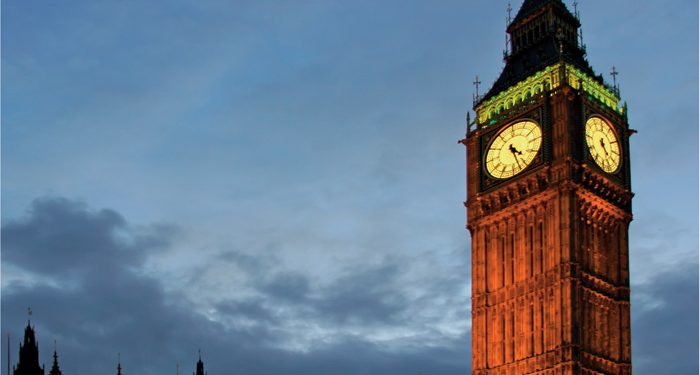The Medical Protection Society (MPS) has criticised government proposals to stop the General Medical Council (GMC) investigating doctors’ fitness to practice on health grounds.
The concerns feature in MPS’s response to to the Department of Health and Social Care consultation: Regulating healthcare professionals, protecting the public, which closes tomorrow.
The consultation proposes that the GMC is restricted to two grounds for investigating doctors – lack of competence and misconduct, with the currently separate ground for action relating to health removed from legislation.
Instead concerns relating to a doctor’s health would be investigated under lack of competence grounds.
But the MPS warns that categorising doctors with health concerns as having a lack of competence could exacerbate their health issues.
Dr Rob Hendry, medical director at MPS, said: “We welcome many of the broader proposals in this consultation – some of which are very important to improving the way in which the GMC is able to operate and should proceed through parliament as quickly as possible.
“However, we have strong concerns about the proposal to not retain health as a separate category under which relevant fitness to practise concerns could be investigated, and the potential unintended consequences that could arise from this.
“Removing ‘health’ grounds and instead categorising doctors with a health concern under ‘lack of competence’ grounds would be extremely demoralising and could exacerbate their health issue.
“It may also discourage doctors from seeking help at an earlier stage and this could endanger both patients and the doctor.”
Dr Hendry noted that many doctors experience considerable stress and anguish when they are the subject of an investigation by the GMC, and this was tragically demonstrated by the number of doctors who die by suicide each year while under investigation.
He added that the GMC had made good progress in improving processes and needed to continue doing everything possible to minimise the impact on the wellbeing of doctors under investigation, particularly those with a health concern at the outset.
“Investigating these doctors under lack of competence grounds feels wholly inappropriate and we believe health should be retained as a separate category,” Dr Hendry continued.
“More broadly, we are concerned that even for those who do not have health concerns, the term lack of competence is unnecessarily pejorative.
“There are variables which can affect a doctor’s performance in situations where competence may not be the primary concern – for example, systemic and organisational factors that are outside of the direct control of the clinician. We hope to see a more neutral phrase.”
The MPS consultation response also calls on government to act on its 2018 commitment to strip the GMC of its power to appeal fitness to practice decisions, and give the GMC greater discretion in deciding whether and how to investigate a fitness to practice concern.
In response, the GMC issued a statement in which Charlie Massey, chief executive of the GMC, said: “Reform will allow us to be much more focused in deciding which cases we investigate, and how we do it – ensuring fairer and faster outcomes. It will give us better options for concluding cases in a way that takes account of the needs of all parties. Defaulting to an adversarial panel hearing can be deeply stressful, not only for the doctor but also for the complainant. What we need is a more a proportionate approach, where the course of action is determined by the case at hand.
“We do not agree with the proposal to remove adverse health from our existing grounds for fitness to practise action. Any reform to our procedures must protect and strengthen our ability to take proactive and proportionate action. Where there is evidence that health concerns might pose a risk to the public, it is right that they are handled sensitively to protect the public and ensure the doctor is supported.
“We are not opposed to having our right of appeal removed. Until the government has decided how and when to bring in these changes we will continue to use our right of appeal to protect the public.’






